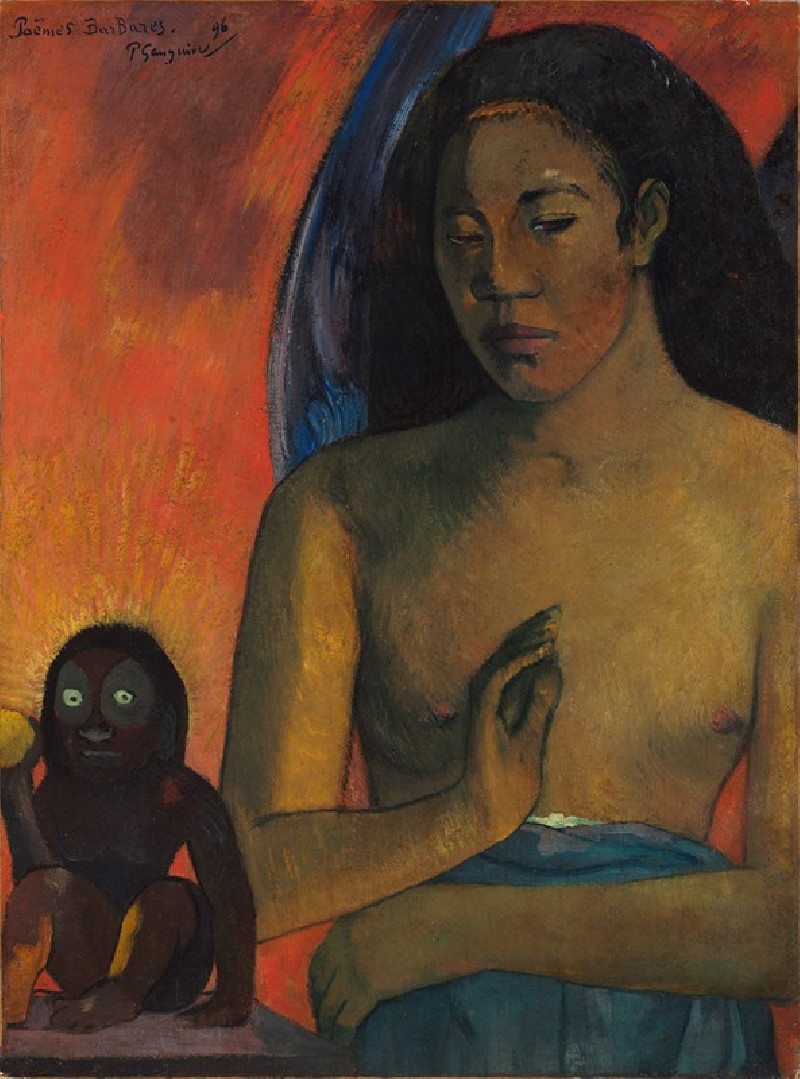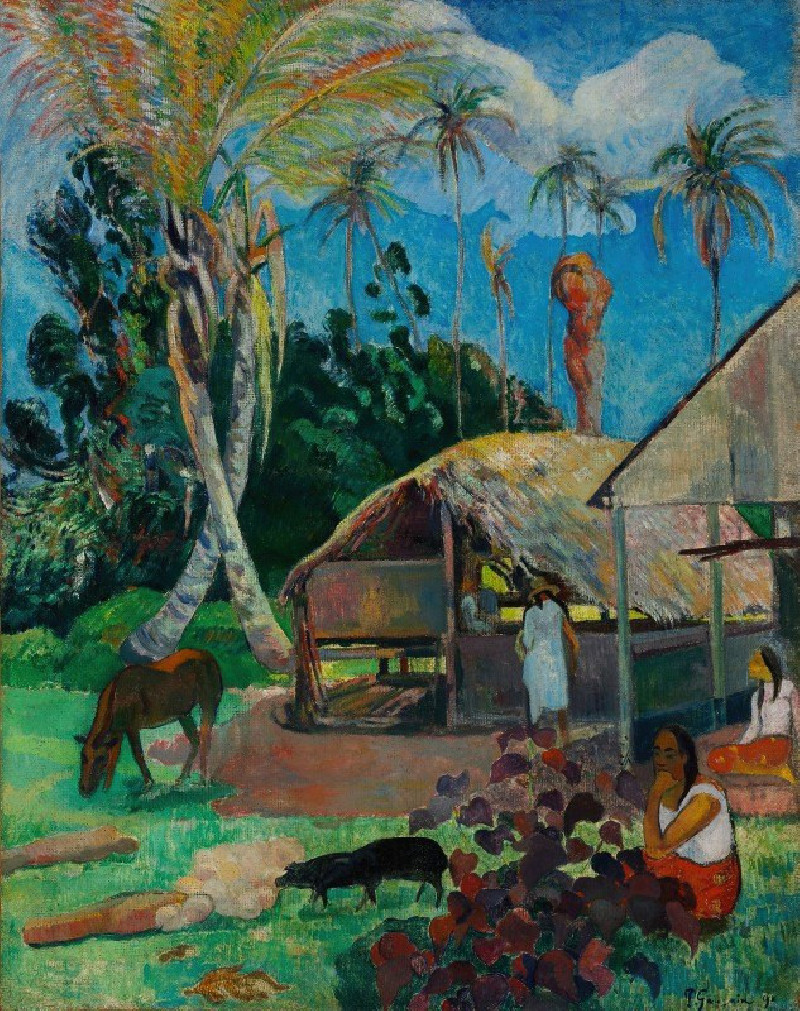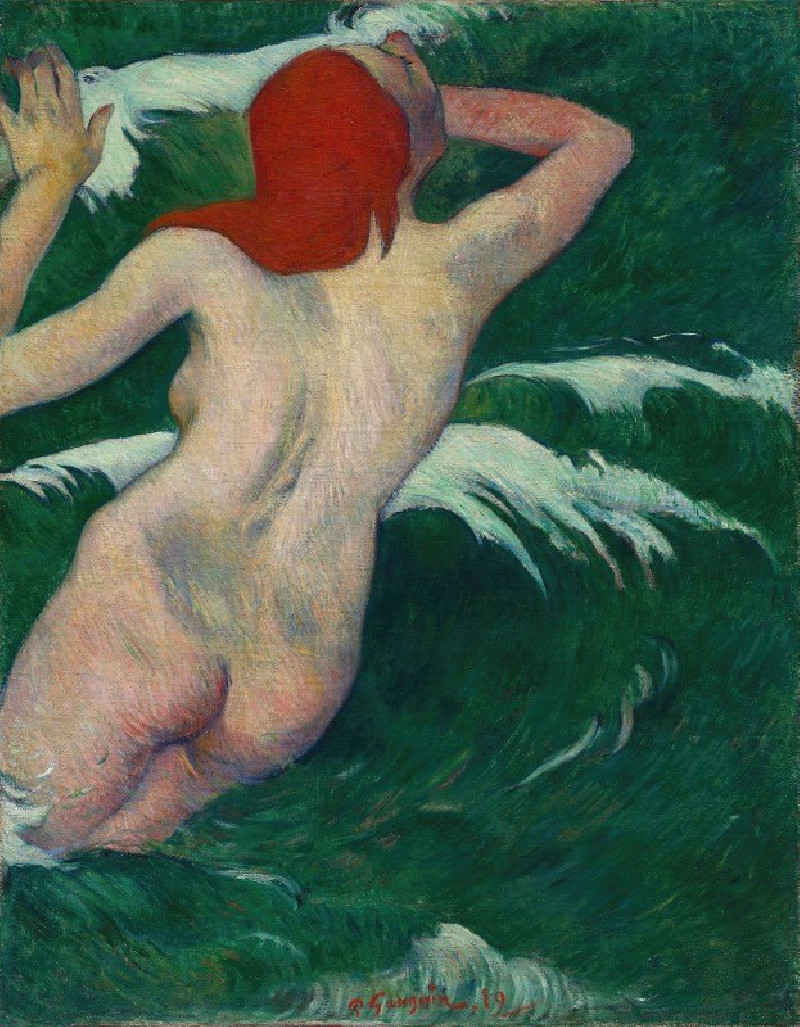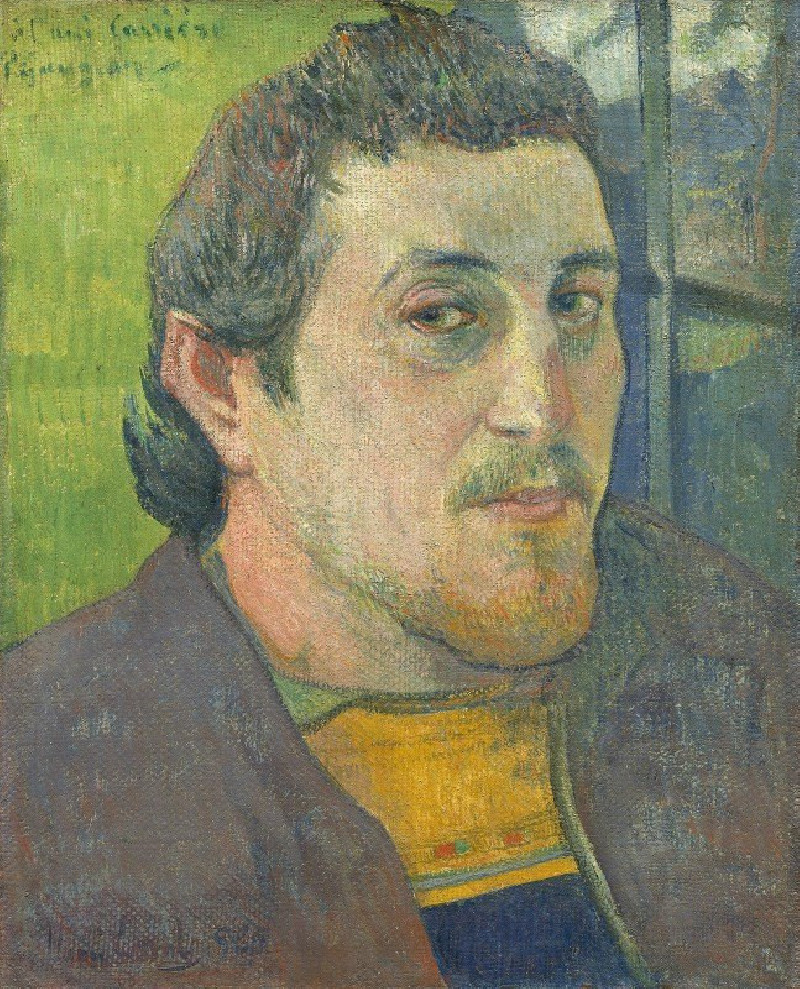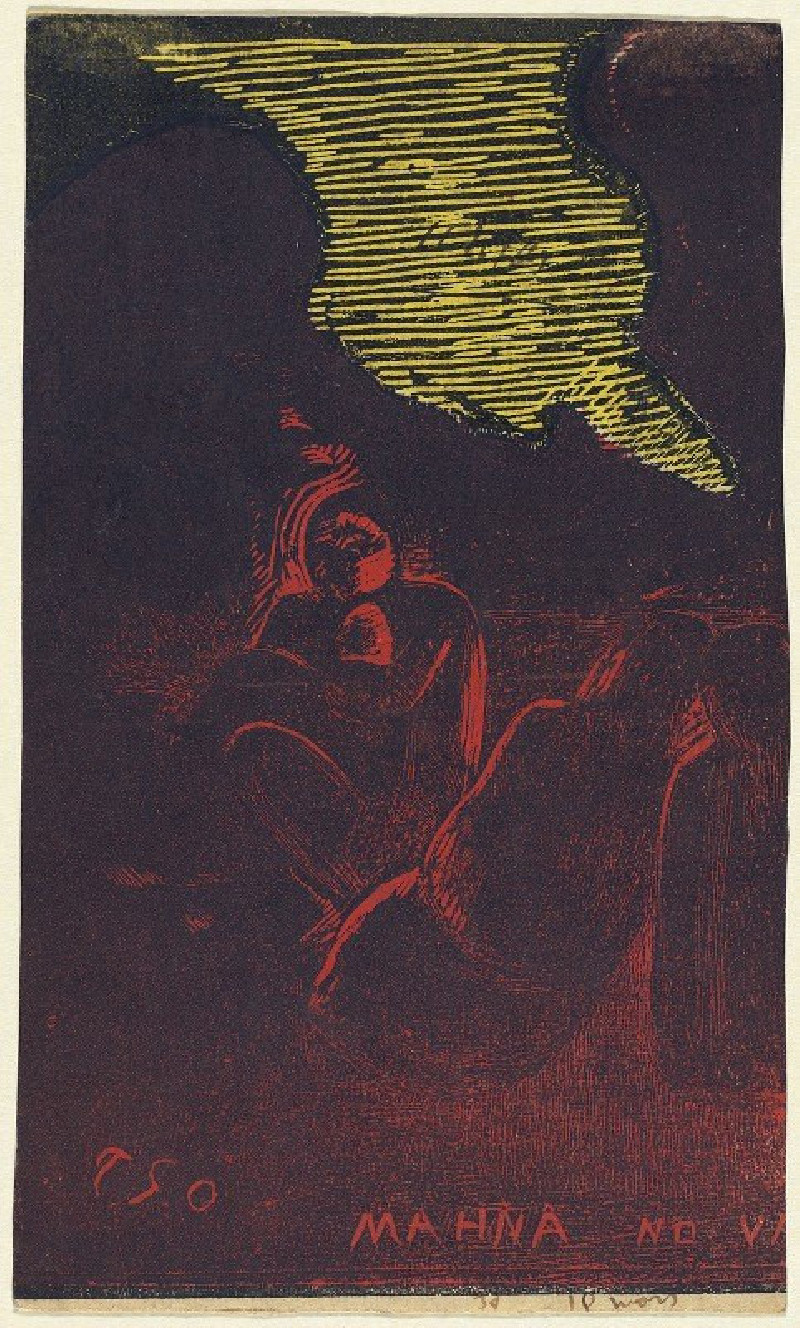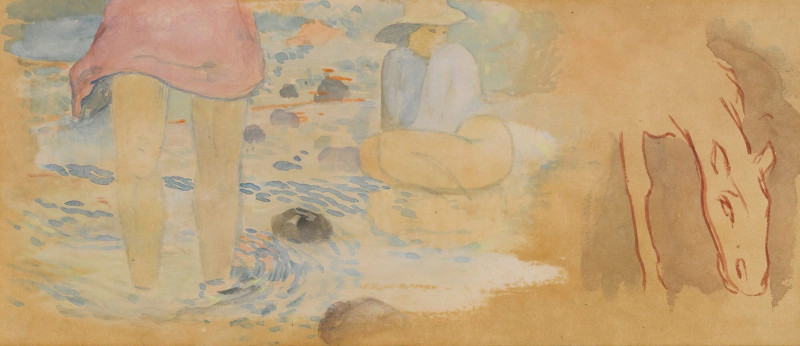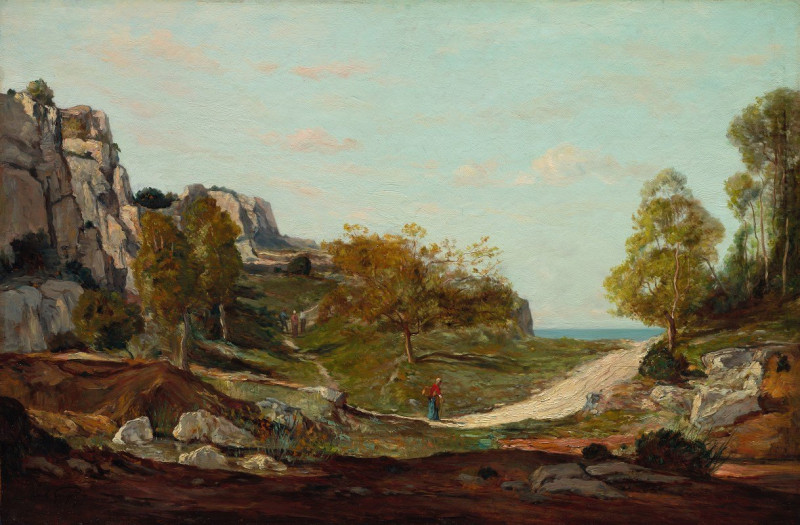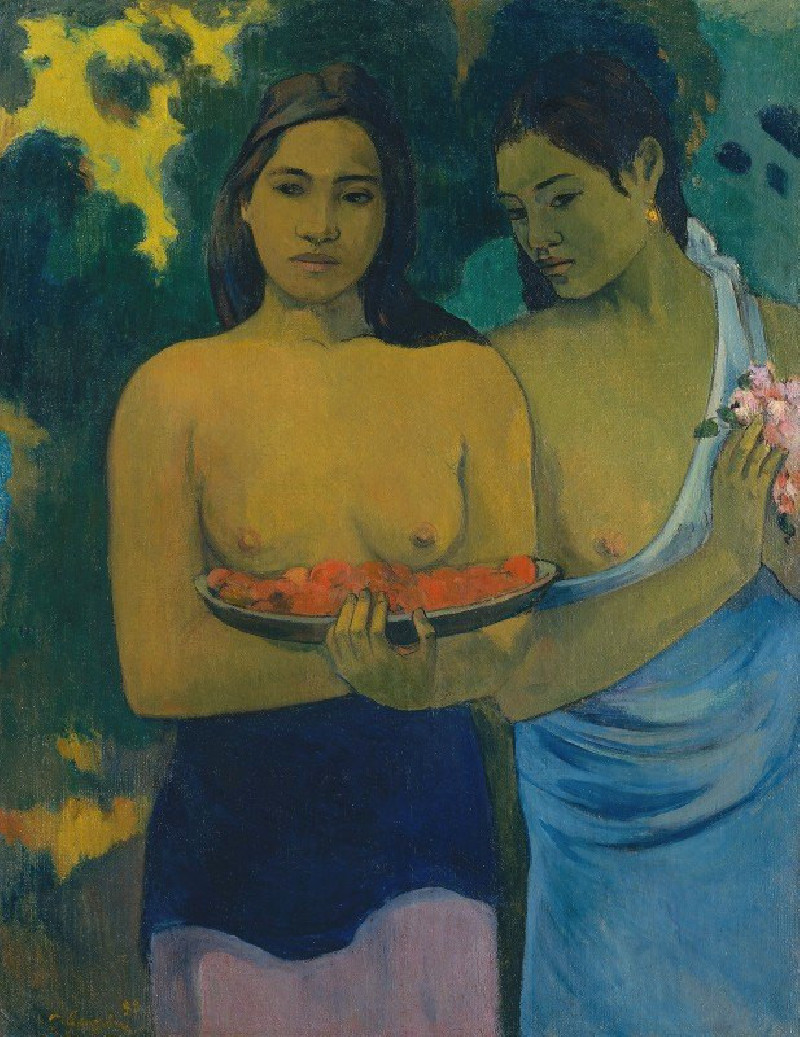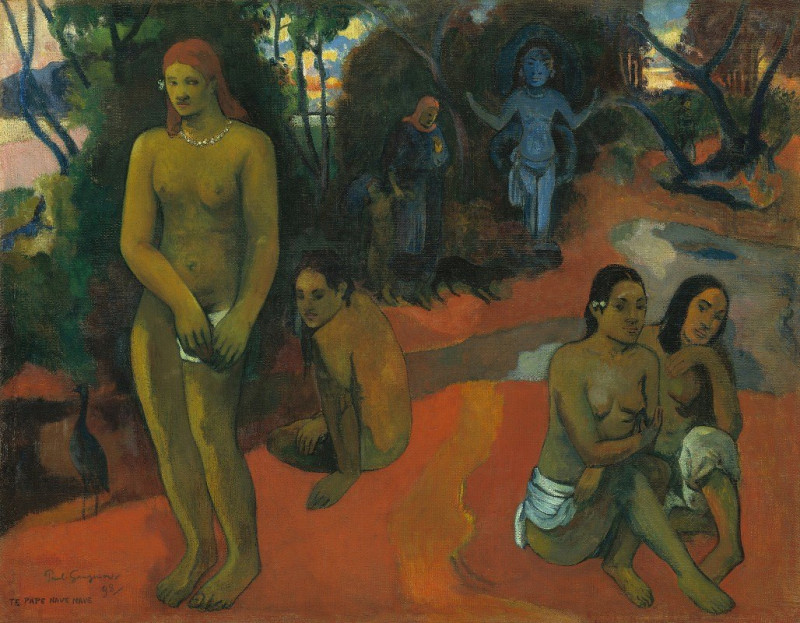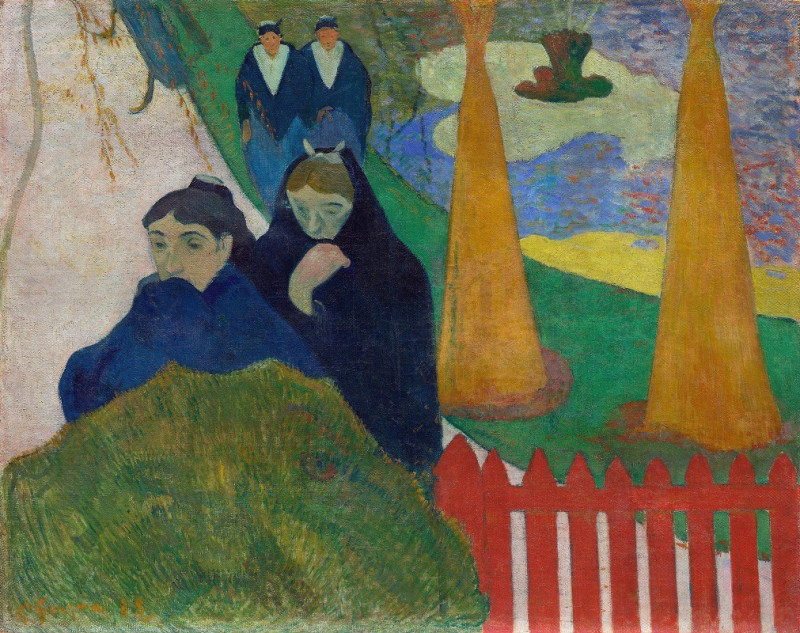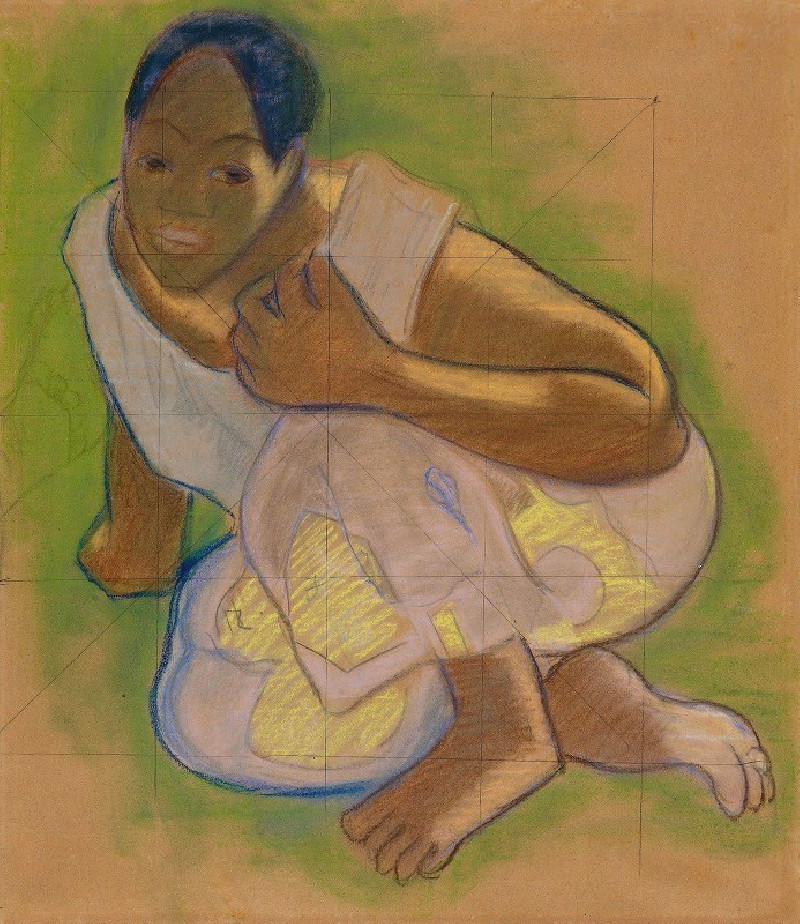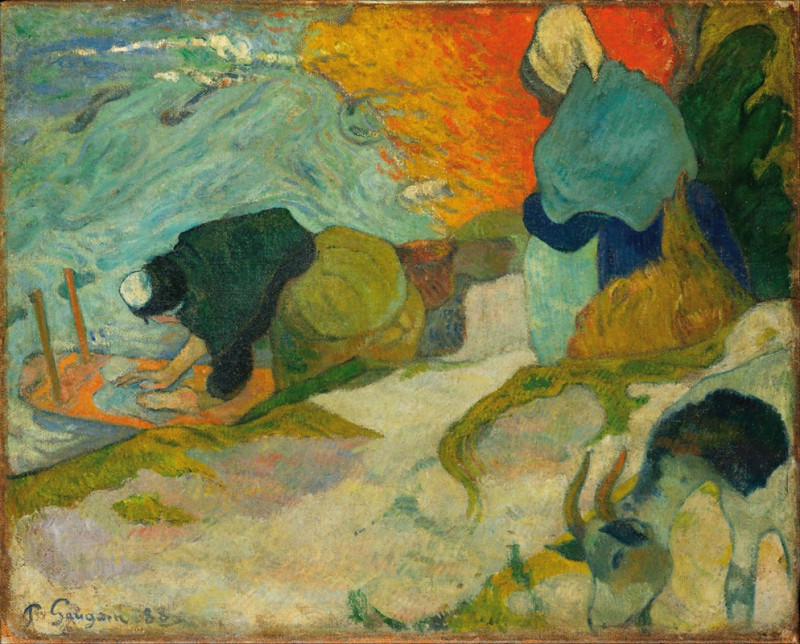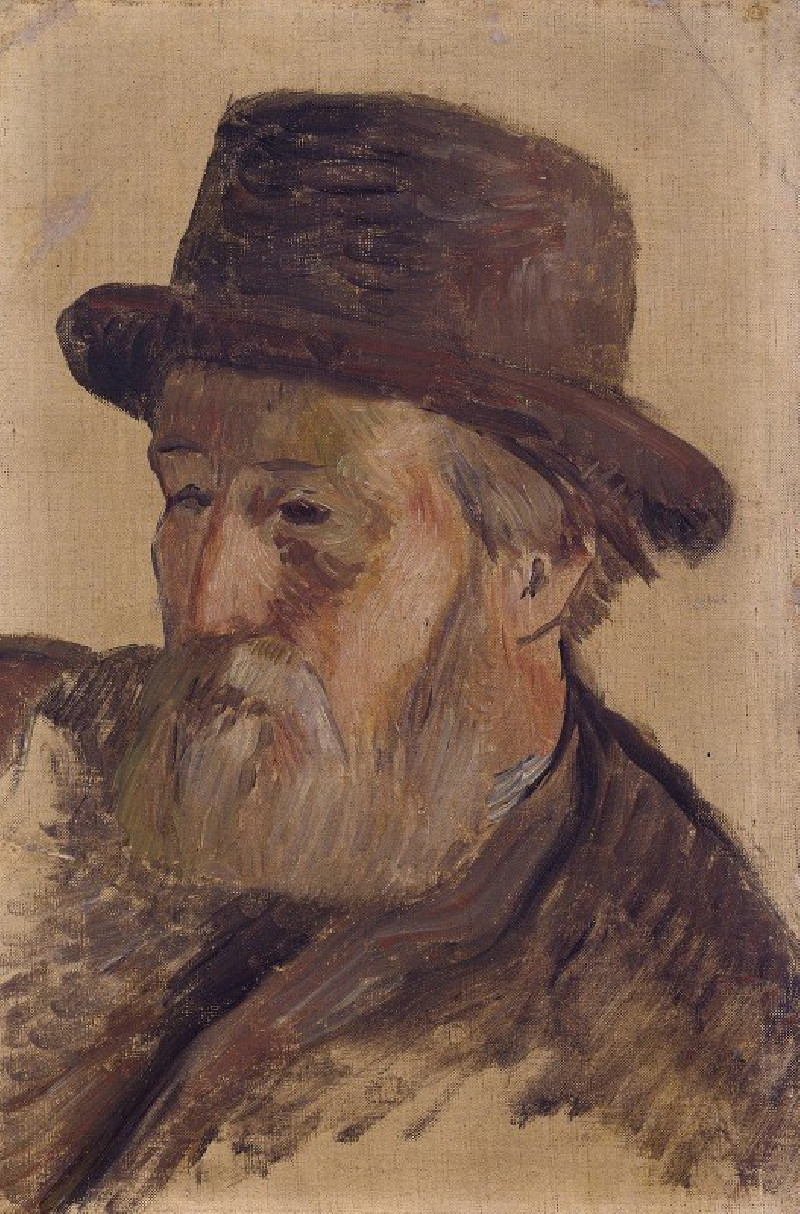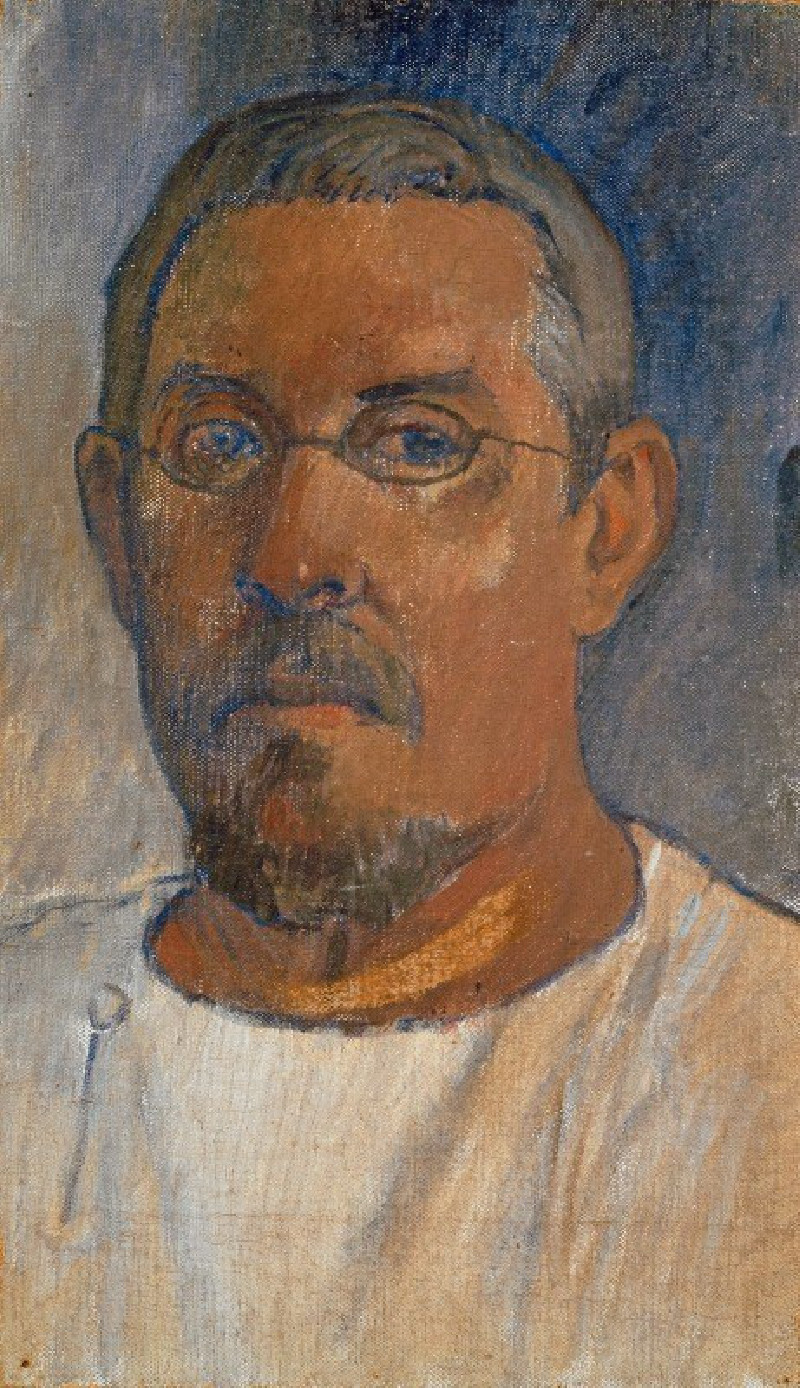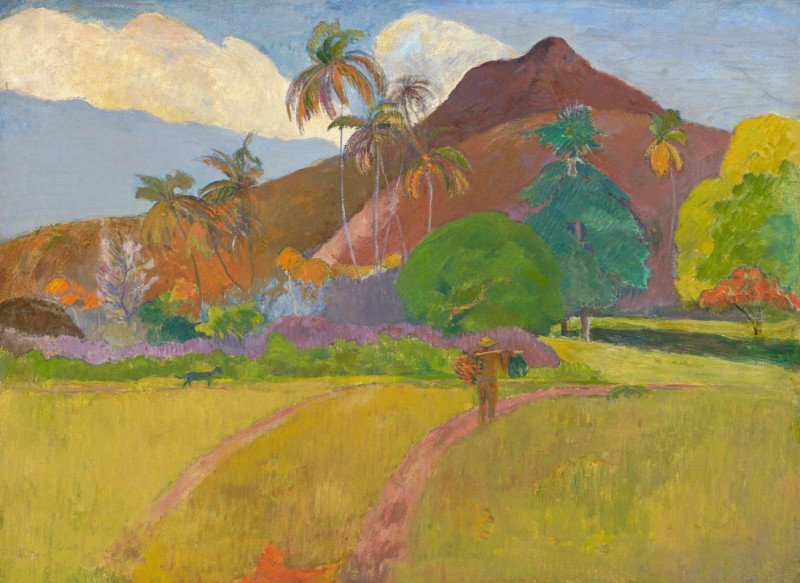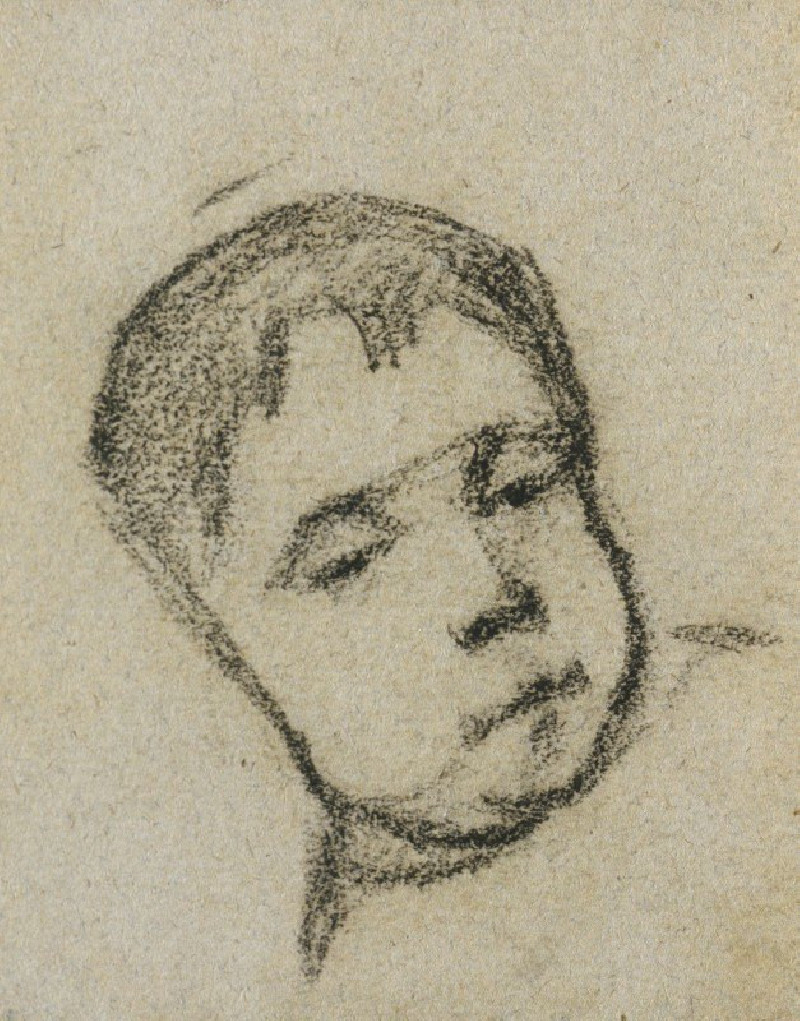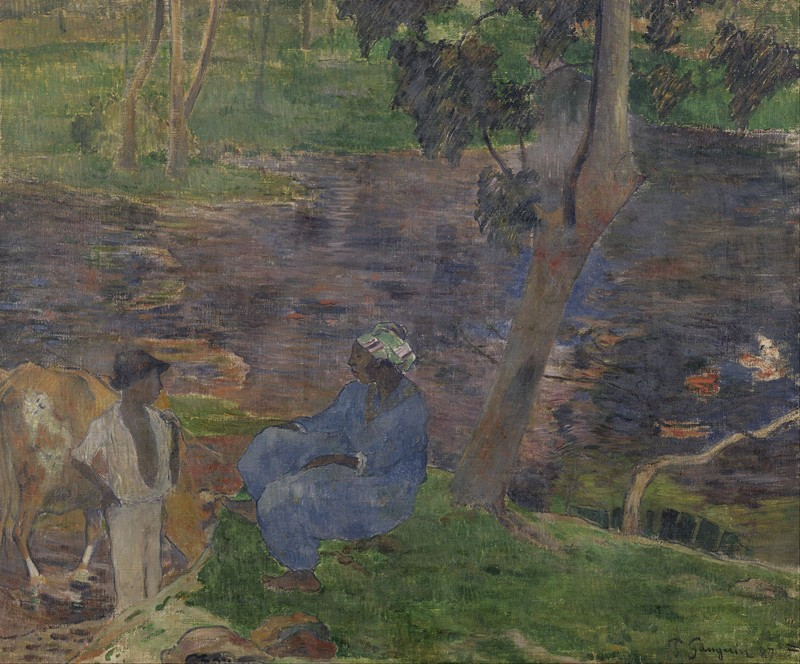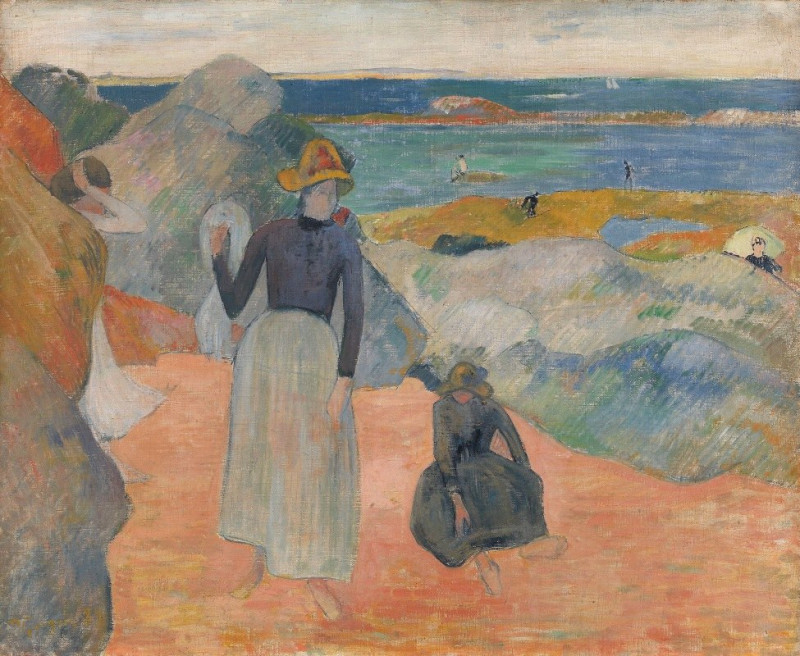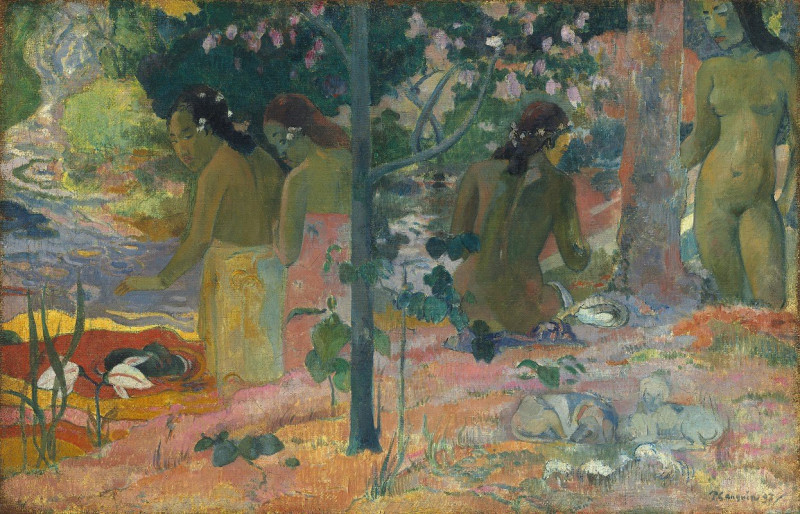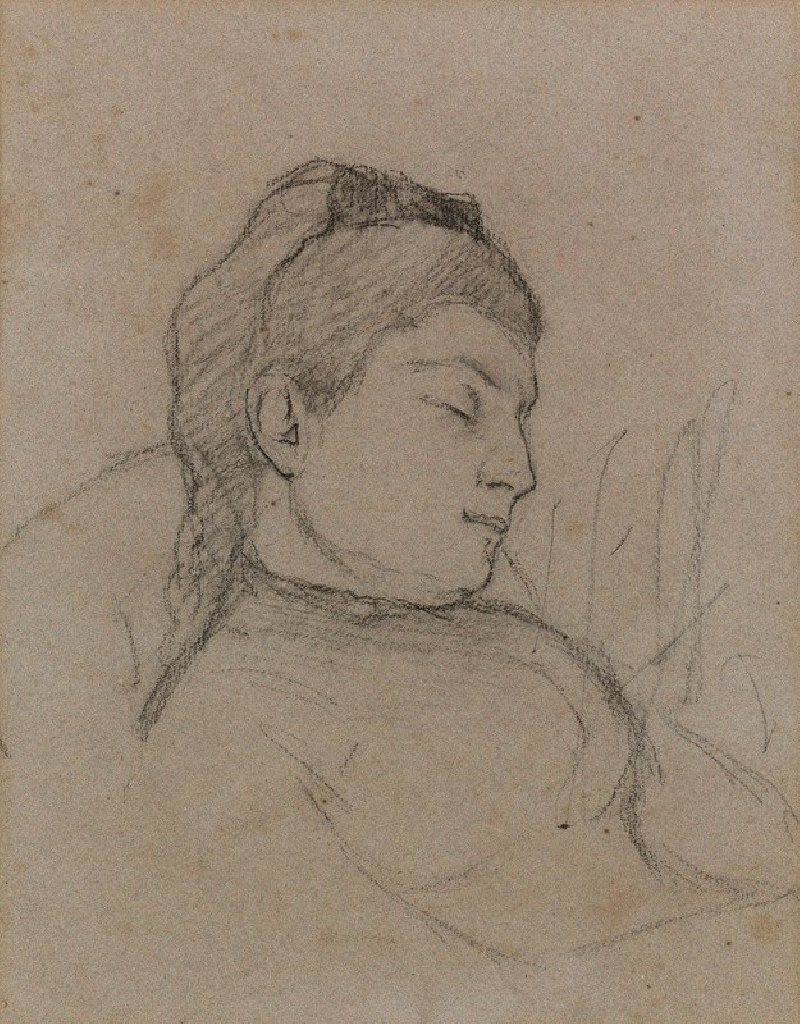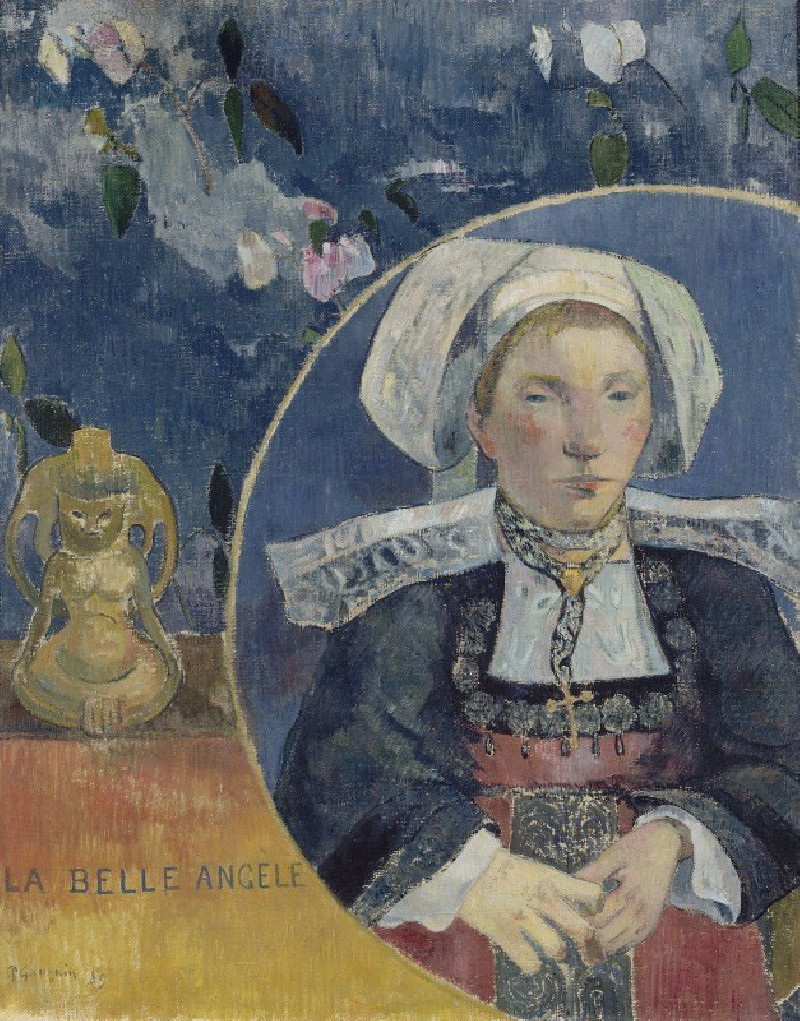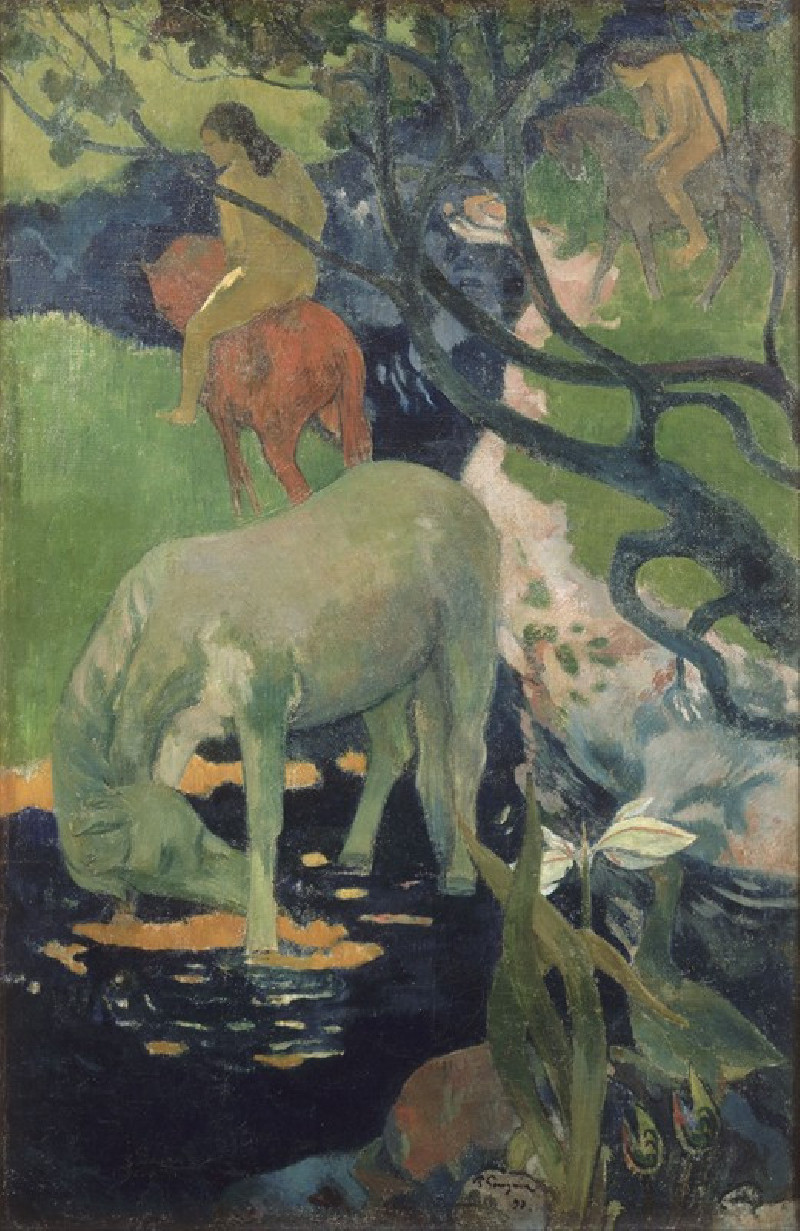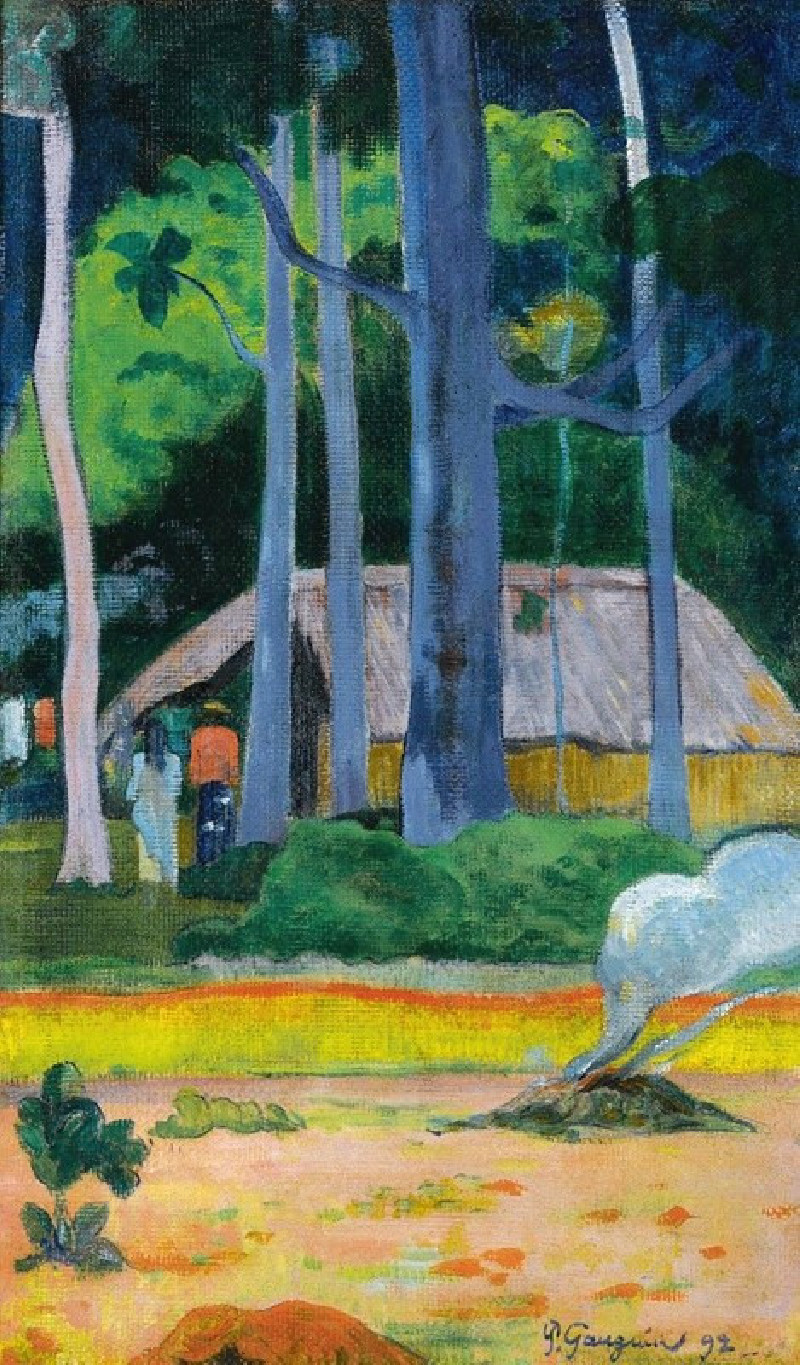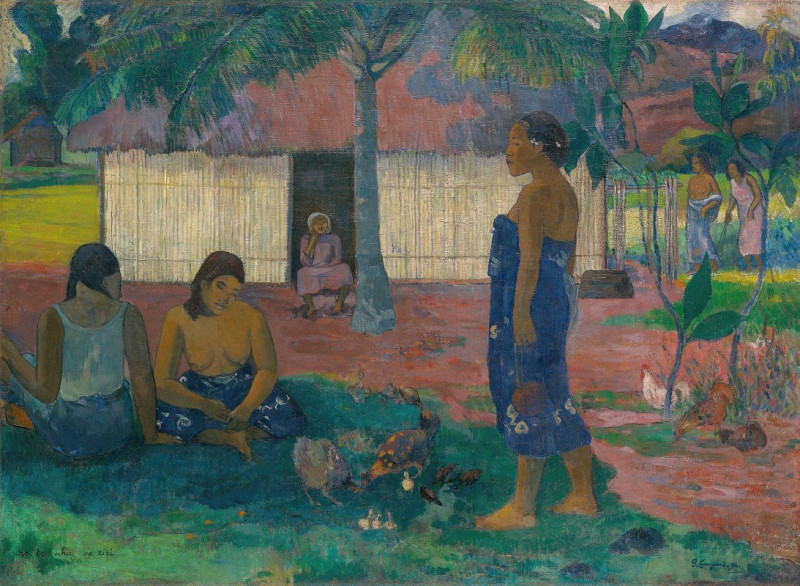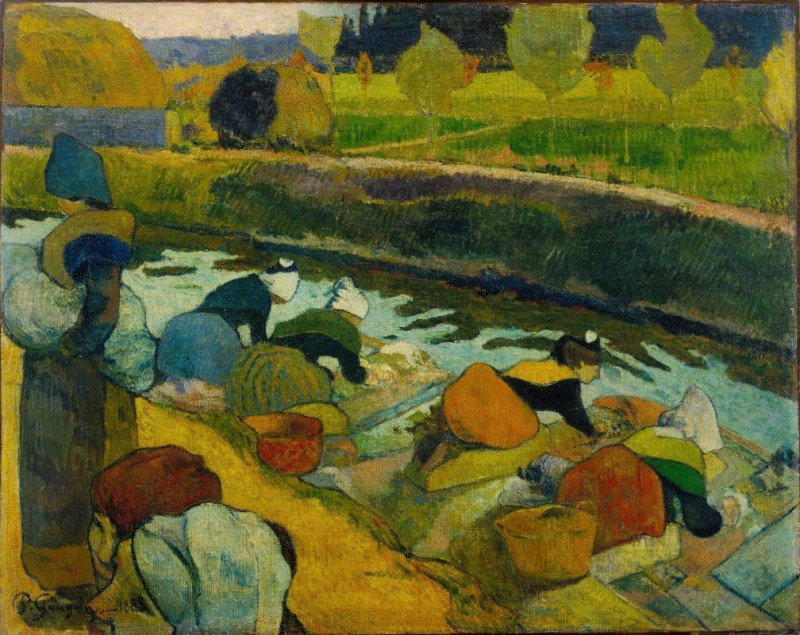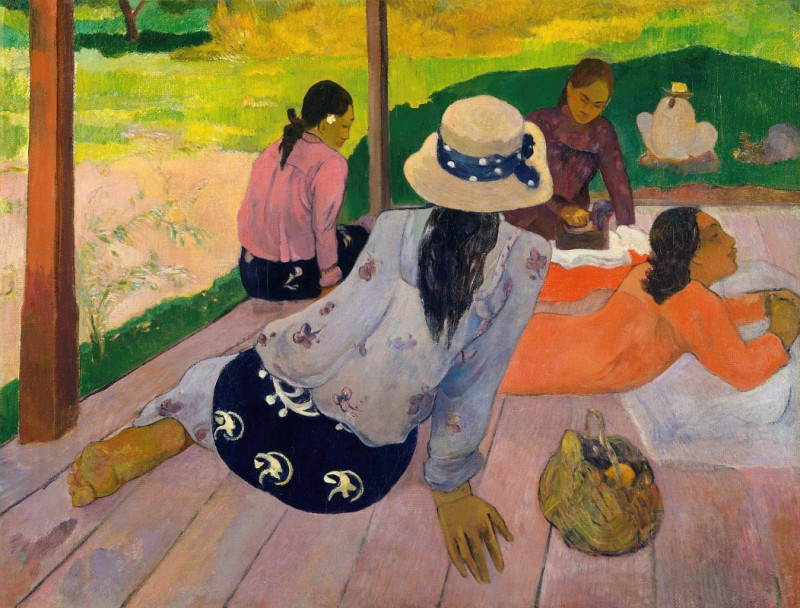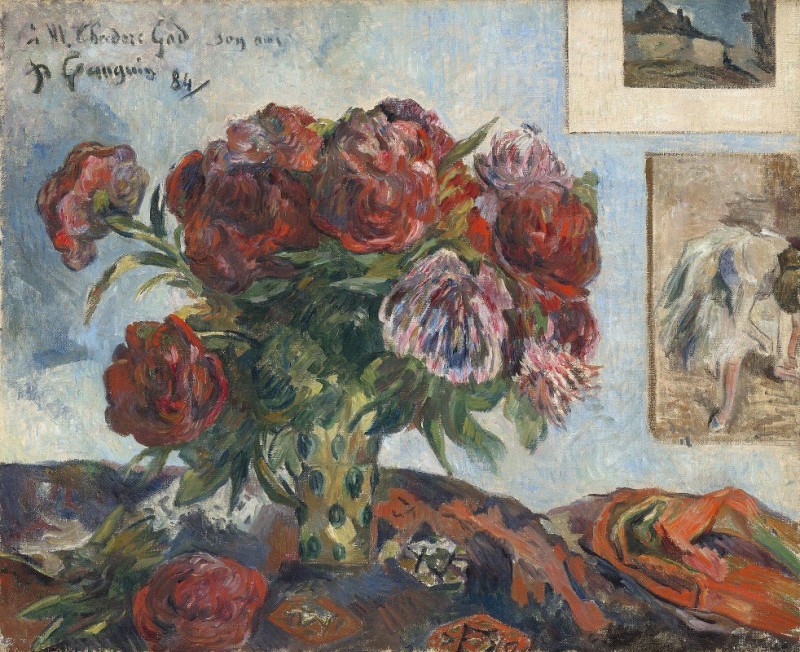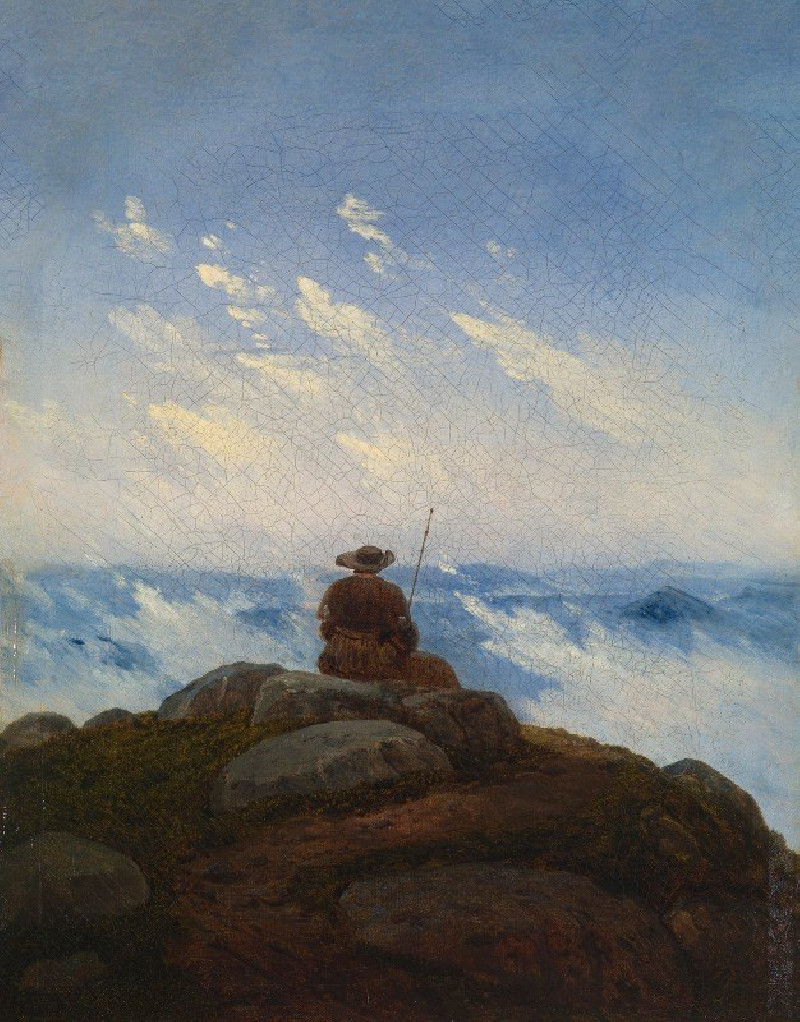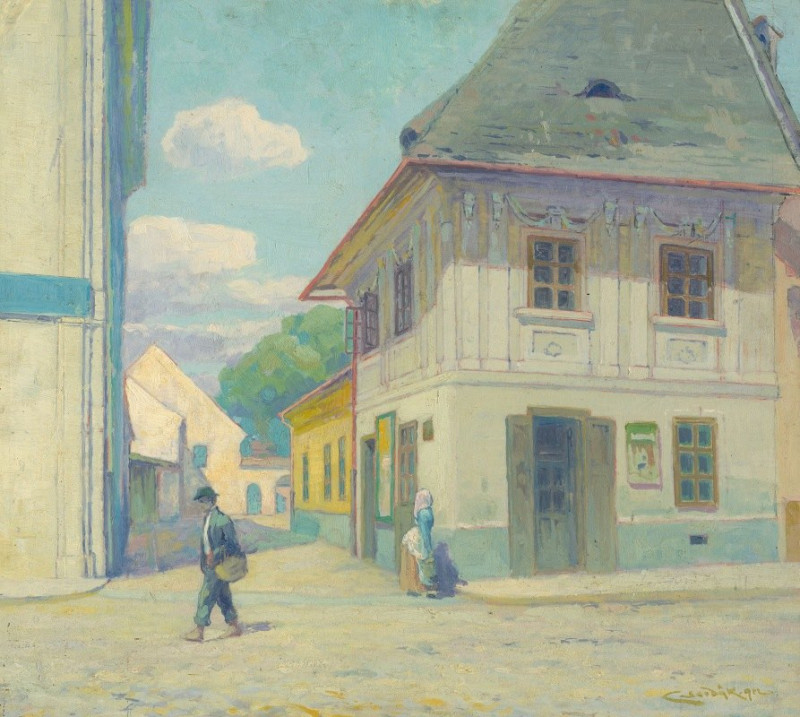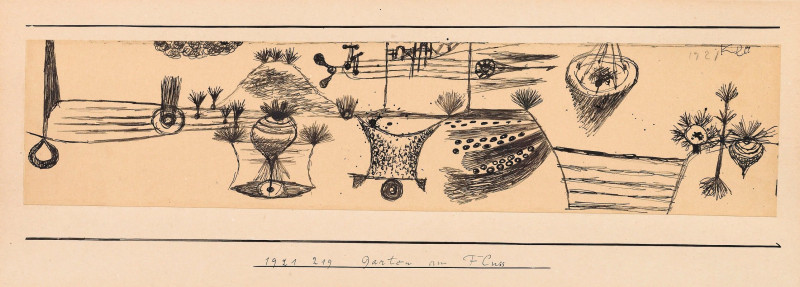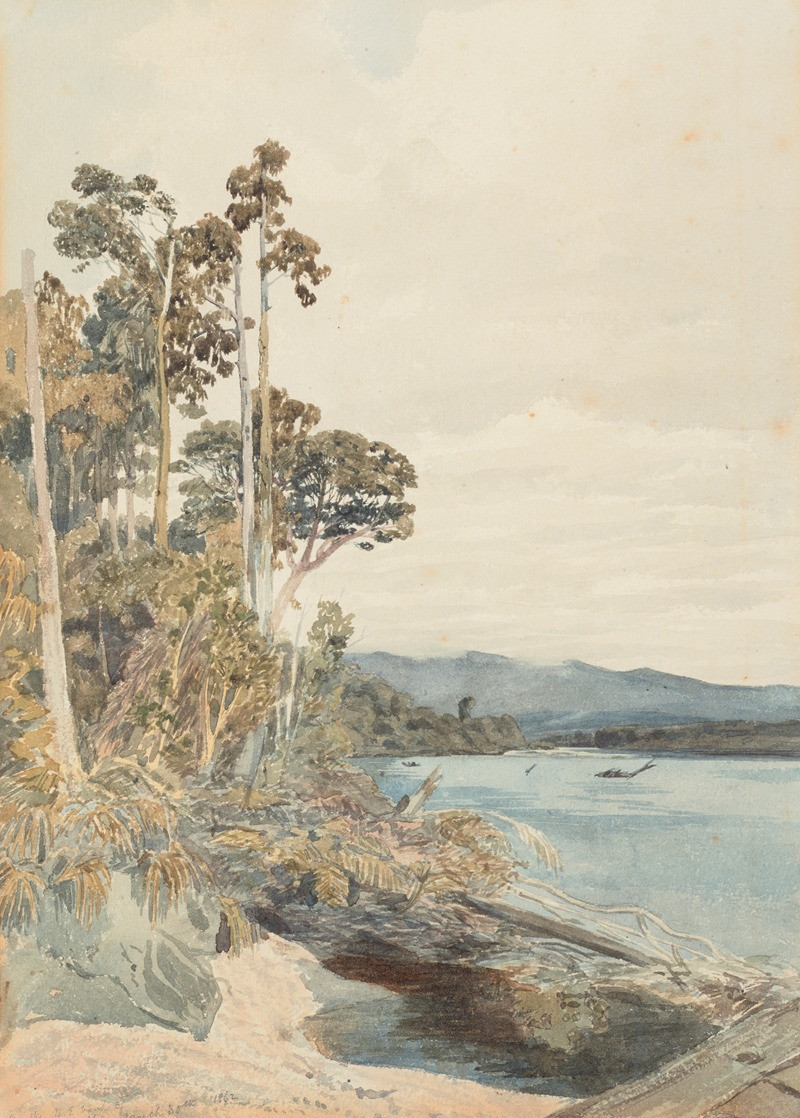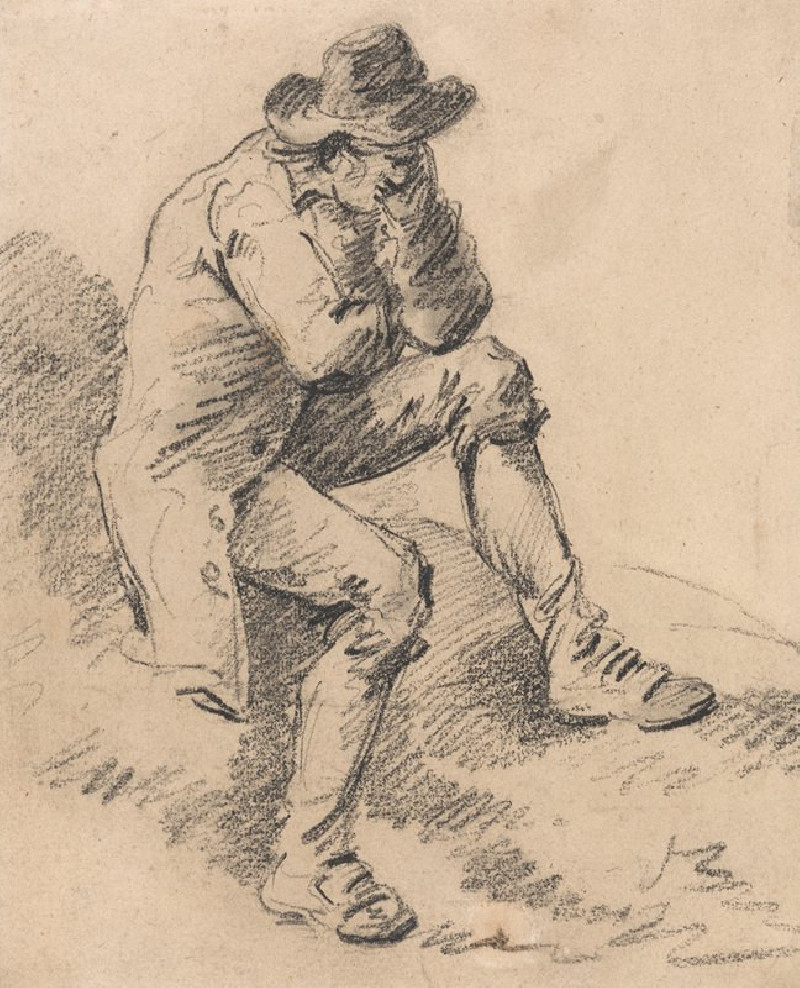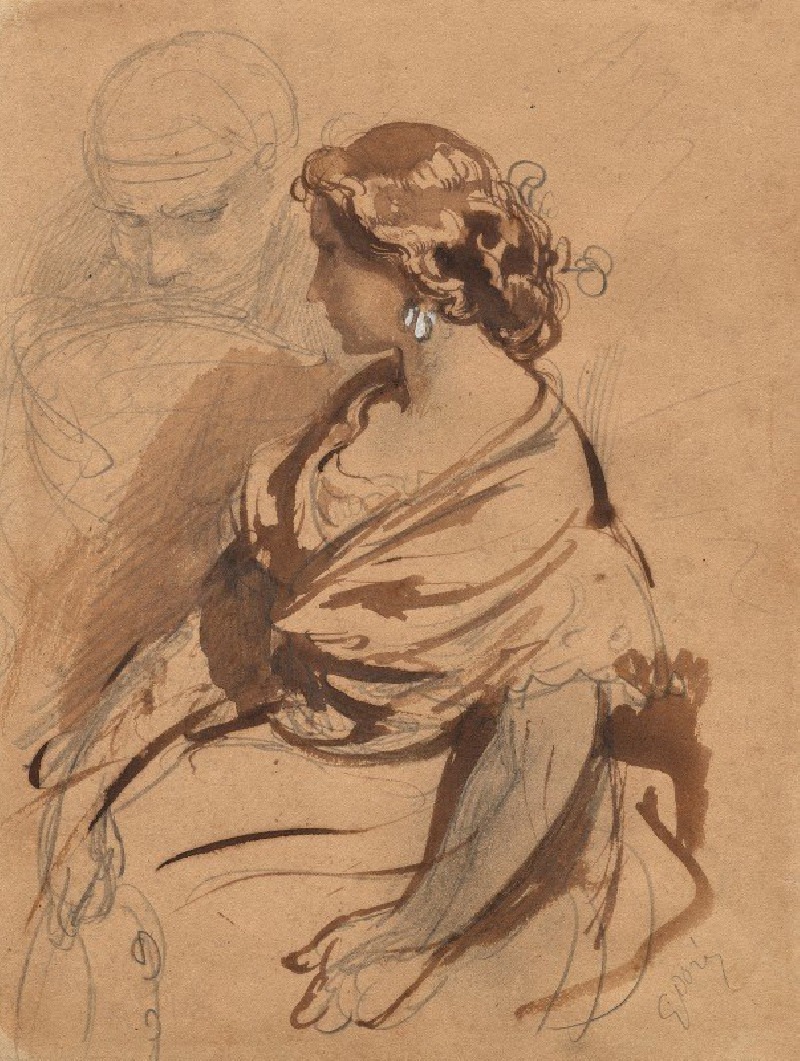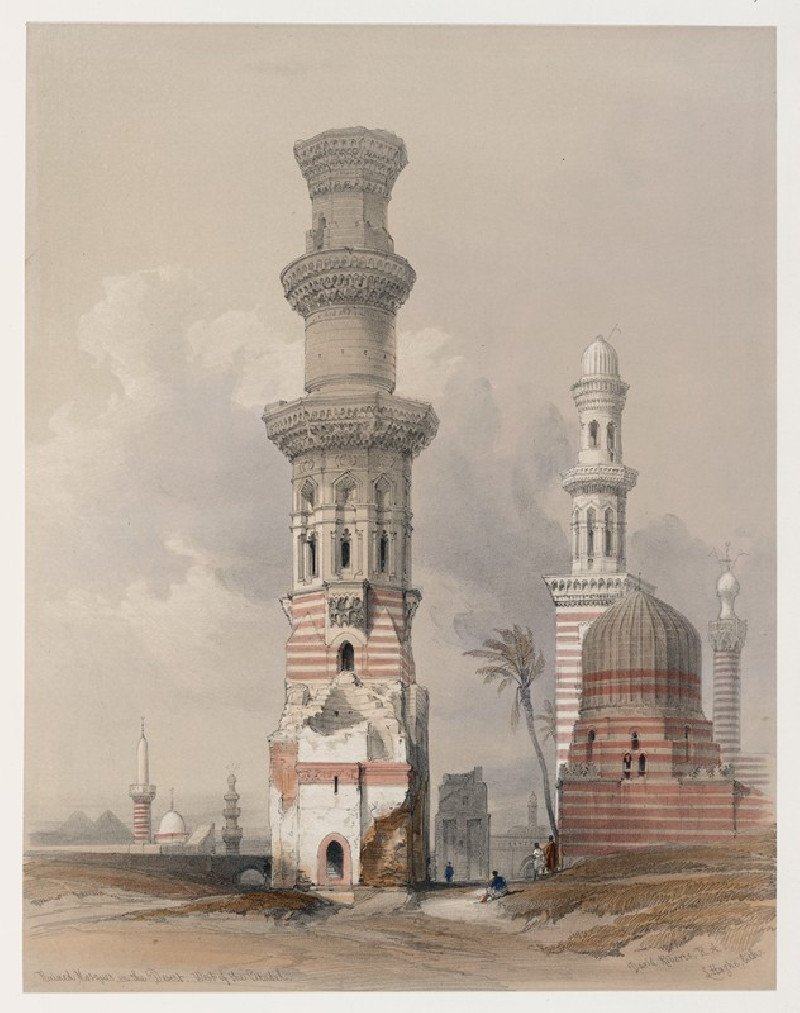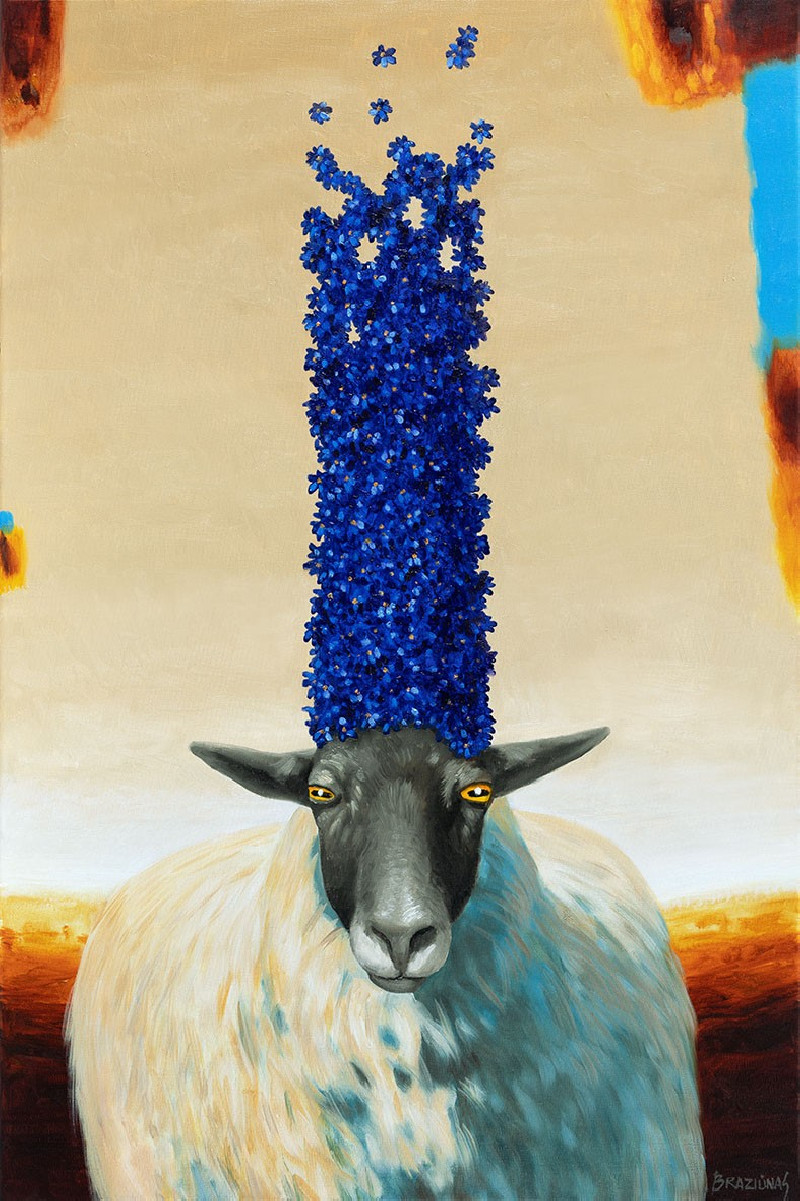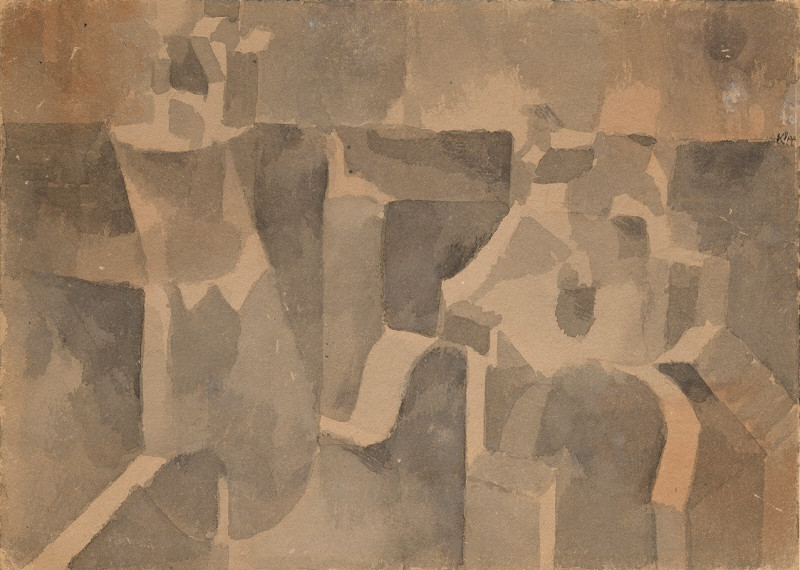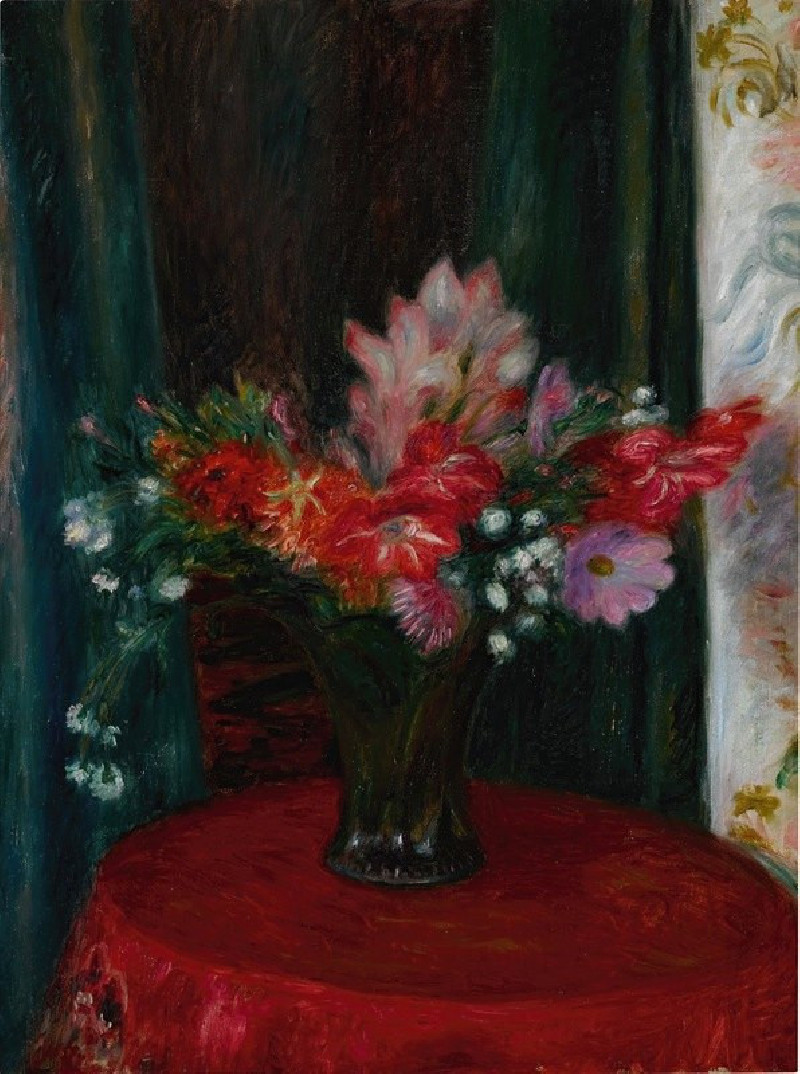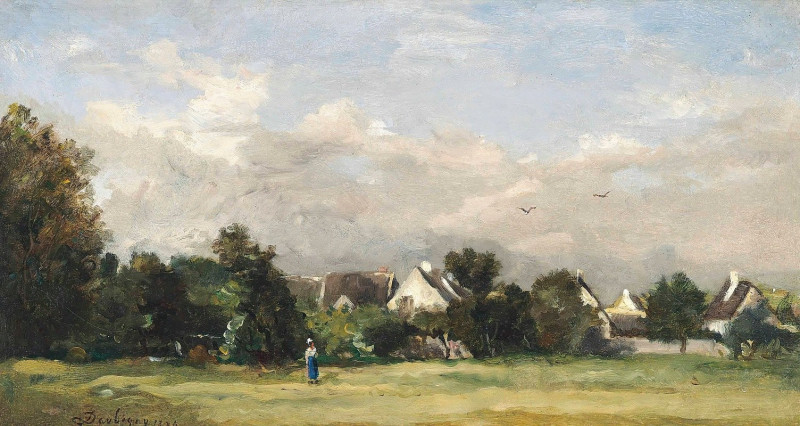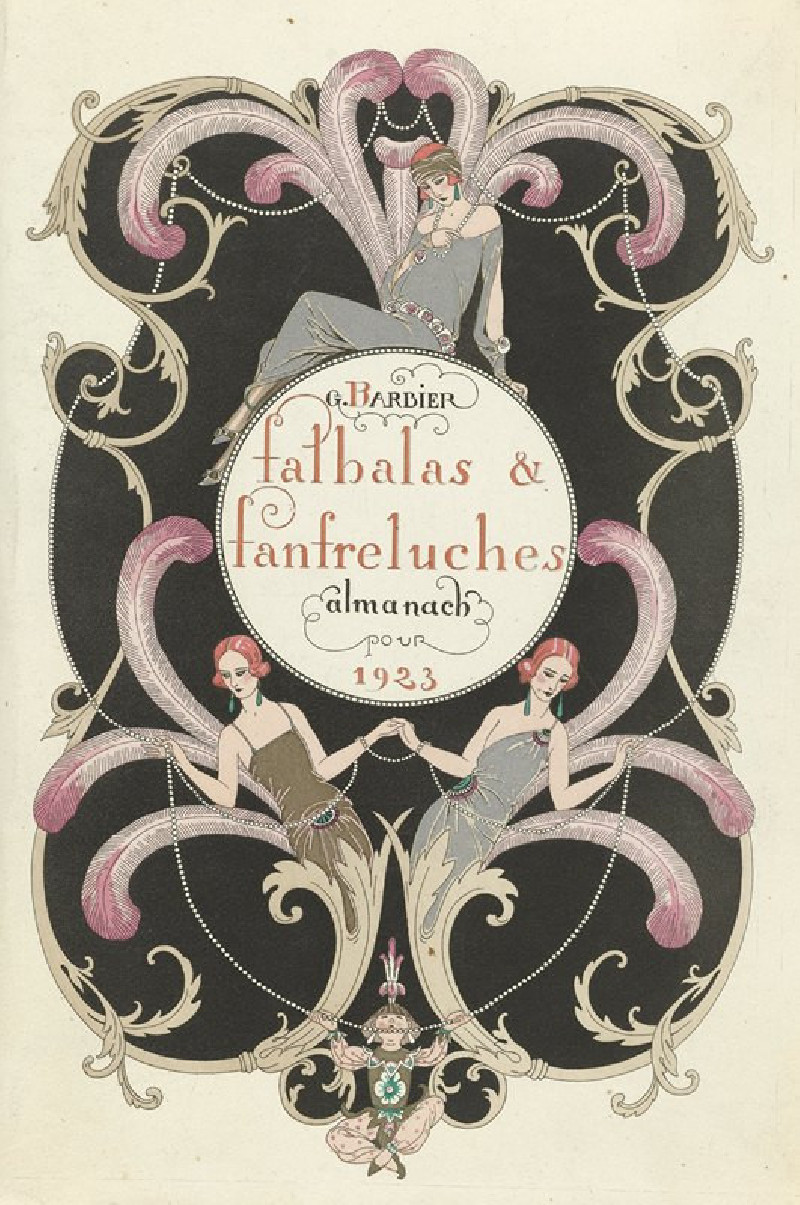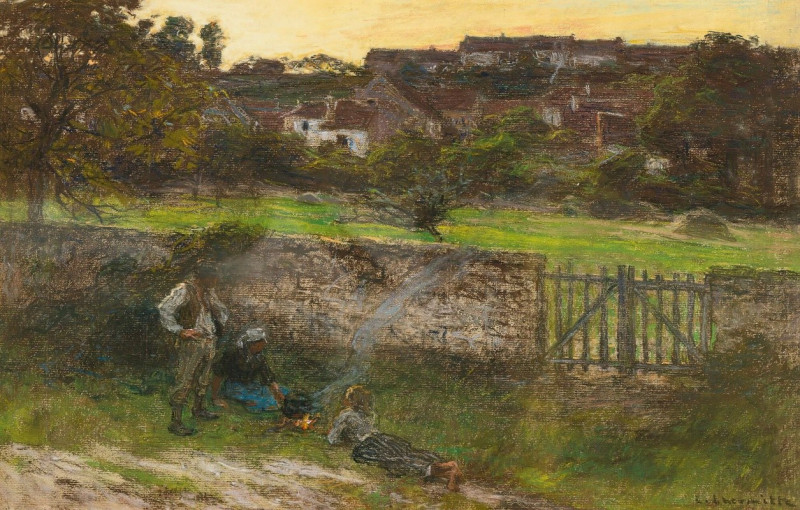Poèmes barbares (1896)
Technique: Giclée quality print
Recommended by our customers
More about this artwork
Artist: Paul Gauguin Year: 1896"Poèmes Barbares" by Paul Gauguin is a striking masterpiece blending rich cultural narratives and the distinctive symbolism that characterizes Gauguin's later works. Painted in 1896, this compelling piece was inspired by the artist’s experiences in Tahiti, a place that profoundly influenced his artistic direction.The painting prominently features a serene Tahitian woman seated near the forefront. Her expression is contemplative and her gaze introspective, suggesting an inner world full of complexity and depth. The tones used to depict her skin are warm, and she holds a small bird gently in her hands—an element possibly symbolizing peace or fragility.Alongside the woman, to the left of the painting, sits a small, dark figure that starkly contrasts with the vibrant red and fiery orange background. This figure, which might represent a traditional Polynesian idol, suggests the continuing presence and importance of native beliefs and ways of life, even as they intersect with external influences.The backdrop of the portrait is saturated with rich, bold colors; fiery reds and deep blues create a dramatic aura, framing the subjects with an almost mystical quality. This vibrant palette not only captures the lush landscapes and spirited culture Gauguin was immersed in but also enhances the emotional and symbolic depth of the scene.Gauguin's "Poèmes Barbares" is not merely a visual representation; it is an evocative story on canvas, a profound reflection on cultural identity, spirituality, and the human condition.
Delivery
Returns
Eugène Henri Paul Gauguin was a French Post-Impressionist artist. Unappreciated until after his death, Gauguin is now recognized for his experimental use of color and Synthetist style that were distinct from Impressionism. Toward the end of his life, he spent ten years in French Polynesia. The paintings from this time depict people or landscapes from that region.

